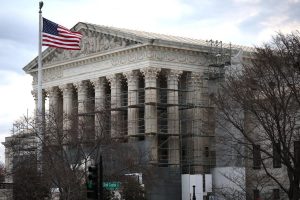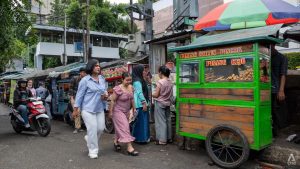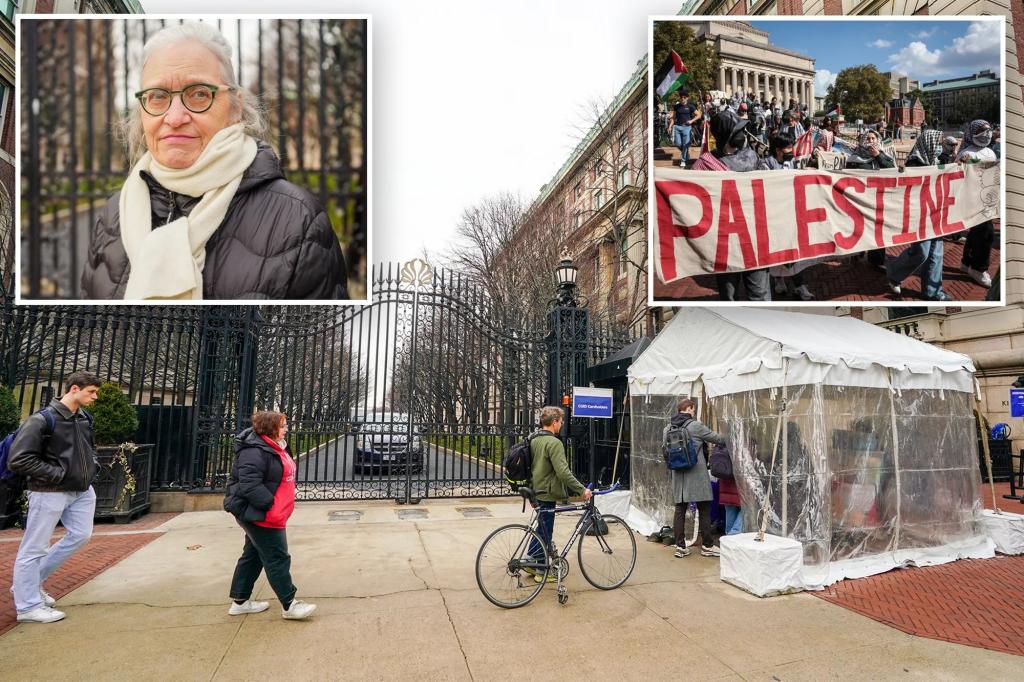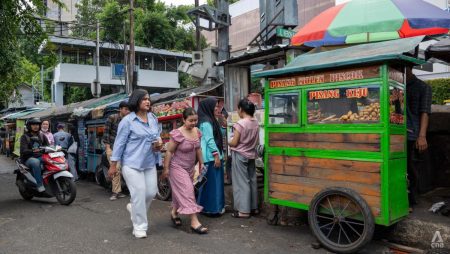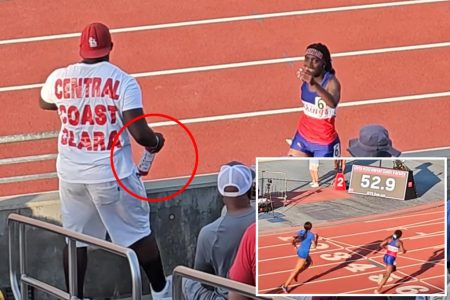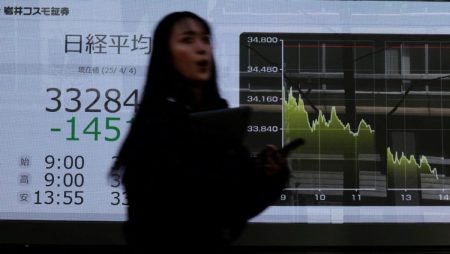A group of elderly residents of Morningside Heights, the neighborhood surrounding Columbia University, have filed a lawsuit against the university, the city of New York, the Department of Transportation, and the NYPD, challenging the closure of College Walk, a central pedestrian thoroughfare on the university campus. The plaintiffs argue that the closure, implemented in 2023 following student protests related to the Israeli-Palestinian conflict, violates the Americans with Disabilities Act by hindering their access to public transportation and essential services. They further assert that the closure breaches a 70-year-old agreement between the university and the city, which granted Columbia access to West 116th Street in exchange for maintaining a public walkway. The closure has effectively created a six-block barrier, forcing residents to take lengthy detours, particularly impacting senior citizens who rely on convenient access to the campus as a safe and accessible route.
The plaintiffs highlight the significant inconvenience caused by the closure, particularly for older residents with limited mobility. Christine Ruyter, 67, explains how the closure makes it more difficult to reach the subway, impacting her daily life and effectively confining less mobile neighbors to their homes. Philippe Auffrey, whose 97-year-old mother used to enjoy visiting the campus and using it as a pathway to public transportation, describes the added burden of navigating obstacles on the alternative route along 114th Street. The lawsuit includes several other elderly plaintiffs, including an 86-year-old and a 92-year-old, who face similar challenges. The 92-year-old resident, for example, finds grocery shopping significantly more arduous due to the extended walk and the difficulty of carrying groceries over the longer distance.
The plaintiffs’ attorney, Toby Golick, emphasizes the safety concerns associated with the alternative routes, noting that the campus provided a well-lit and secure pathway, especially during inclement weather. In contrast, 114th Street can be dark, narrow, and icy, presenting hazards for elderly pedestrians. Golick underscores the importance of College Walk as a vital community space, previously frequented by residents of all ages, including families with young children. The closure has transformed this once vibrant area into a “dead place,” depriving residents of a valuable community resource. The plaintiffs’ argument hinges on the historical agreement between the university and the city, which stipulated that the closure of West 116th Street to vehicular traffic would be accompanied by the provision of a pedestrian walkway, essentially guaranteeing public access to College Walk.
Columbia University defends its decision by citing safety concerns and the need to ensure a welcoming environment for its students. The university spokesperson states that they are continuously evaluating campus access and striving to balance the desire for an open campus with the need to prioritize the safety and security of all members of the Columbia community, including students and neighbors. While acknowledging the hardships faced by some community members, the university claims to have granted access to individuals who demonstrated specific needs. However, the plaintiffs argue that the process for obtaining access is cumbersome, particularly for elderly residents who may lack the technological proficiency required to navigate online applications or communicate via email.
The lawsuit also highlights the historical significance of College Walk, which has served as a public thoroughfare for decades. The plaintiffs point out that the walkway has been open to the public day and night since 1984, with only temporary closures for specific events like graduation ceremonies or in the aftermath of the September 11 attacks. They contend that the current closure represents a significant departure from this long-standing practice and infringes upon the public’s right to access a historically open space. The university’s reported payment of $1,000 to the city in 1953 for the closure of West 116th Street further reinforces the plaintiffs’ argument that public access to College Walk was a condition of the agreement.
While some current students understand the university’s position, citing safety concerns related to the protests, others express disappointment with the closure, emphasizing the importance of maintaining public access to the campus. Sam Nahins, a graduate student, hopes to be able to return to campus after graduation without facing restricted access. However, another student, Elisha Baker, attributes the closure to the actions of pro-Palestinian protesters, arguing that their behavior created a security risk necessitating the closure. This difference in opinion reflects the complex and sensitive nature of the issues surrounding the closure, highlighting the tension between ensuring safety and preserving public access to a historically open space. The plaintiffs’ experience further illustrates the challenges of balancing these competing interests, particularly when the restrictions disproportionately impact vulnerable populations like the elderly.
The plaintiffs also express frustration with the inconsistent application of the access policy. They point out that residents living across from the university president’s residence were granted access to College Walk after experiencing disruptions caused by demonstrations, while other residents in Morningside Heights were denied similar access. This perceived inequity further fuels the plaintiffs’ sense of grievance and reinforces their belief that the university’s actions are discriminatory and unjust. The case highlights the importance of clear and consistent policies regarding public access to university campuses, especially in urban environments where such spaces often serve as vital community resources and thoroughfares. The lawsuit’s outcome will likely have significant implications for the relationship between Columbia University and the surrounding community, determining the future of College Walk and the extent to which the university must balance its security concerns with the public’s right of access.

